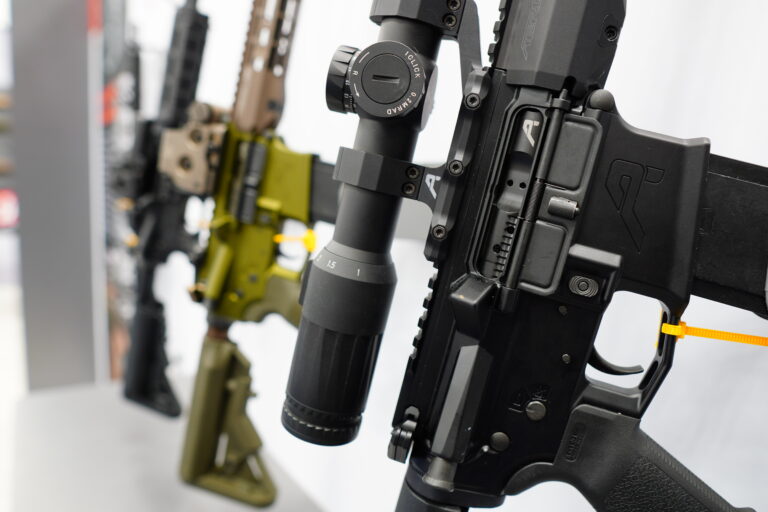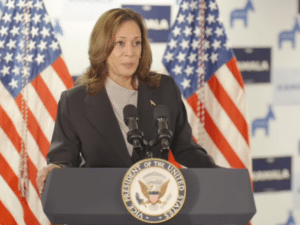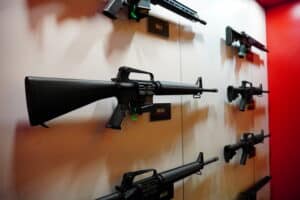For the second time, the Canadian government has been forced to postpone its plan to confiscate hundreds of thousands of lawfully purchased firearms from its citizens.
Canadian owners of AR-15s and similar rifles will now be allowed to retain their guns until Oct. 30, 2025. That’s due to a quiet extension of the amnesty period announced by Public Safety Canada early last week. The previous amnesty period—already an extension from the original deadline of April 2022—was set to expire at the end of this month.
“The extension of the Order will ensure affected firearm owners and businesses continue to be protected from criminal liability for unlawful possession while they come into compliance with the law, including having the opportunity to take part in the buyback program,” Public Safety Canada, the government division in charge of administering the ban and mandatory buyback program, said in an update to the agency’s web page.
The two-year delay is the most recent in a series of signs that government officials behind Canada’s confiscation effort have failed to develop a workable plan for achieving their goals. It comes after Public Safety Canada was already forced to delay the confiscation effort once before after admitting it was unable to forcibly “buy back” prohibited firearms. Previous efforts to contract with private firms to help design and implement a workable confiscation scheme resulted in a bloated budget with little to speak of in terms of concrete details. Those past missteps, alongside the latest extended delay, suggest Canadian officials are still a long way off from being ready and able to carry out widespread confiscation.
A number of prominent American politicians, including Vice President Kamala Harris (D.), have backed a similar AR-15 ban and mandatory buyback policy in recent years. Given the many similarities between Canada and the United States and their geographical proximity, the Canadian debacle provides one of the most comparable examples of how a mandatory AR-15 buyback policy might go in the US.
Canadian gun-rights advocates mocked the updated amnesty extension as Prime Minister Justin Trudeau’s Liberal Government “admitting defeat” on his goal of confiscating firearms.
“Why does Justin Trudeau still have no plan to confiscate these guns and compensate their lawful owners? If these firearms are so dangerous, such a threat to public safety, why did this Liberal government admit defeat by adding another two years to the deadline?” Tony Bernardo, Executive Director of the Canadian Shooting Sports Association, said in a statement. “Because this was never about public safety. This was always about politics.”
Bernardo claimed the extension created a new political wedge issue for the next county’s federal election. The updated deadline falls ten days after national elections are scheduled to take place in Canada. Early polling shows Trudeau trailing conservative rival Pierre Poilievre.
The buyback scheme is the result of results a May 2020 regulation from Trudeau banning more than 1,500 “assault weapons” by make and model. It was enacted in response to a mass shooting in Nova Scotia, where a gunman used illegally obtained weapons to murder 22 people.
The ban took effect immediately but provided an amnesty period from its initial announcement for gun owners to comply. During this time, those with newly-prohibited weapons are allowed to retain them provided that they are stored in a locked safe. However, they are not permitted to keep using the weapons for legal activities like hunting and sport shooting. They can also voluntarily relinquish their weapons to the police for destruction, though few have chosen to do so thus far.
The Canadian Government has estimated approximately 72,000 gun owners and 105,000 firearms are affected by the ban.






